Restoring urban woodland in Marseille with community involvement
FranceRestoring urban woodland in Marseille with community involvement
Duration of the partnership
2022-2024
Location
France
The Project and its Challenges
Today urban areas represent a quarter of all land in France. It is therefore crucial to make cities more welcoming to nature by conserving and restoring the natural ecosystems within them. Marseille is one of the cities with the least green space in France, with only 9m² per person. This concrete-laden metropolis on the Mediterranean coast is prone to both scorching summers and violent storms, which lead to stormwater runoff and pollution. Yet its people have launched a range of projects to tackle the mounting environmental challenges. For the city of Marseille also has a considerable number of brownfield sites, gaps in the urban fabric that can be filled with pockets of biodiversity.
With this in mind, Gestion Écologique et Renaturation des Milieux (GERM’) embarked on a project to restore five brownfield sites (covering a total of 15 hectares) in five of Marseille’s arrondissements, thanks to an agreement with the city administration. The first site is in the Saint-Menet district, on the banks of the Huveaune river; the other two are on the grounds of former Provençal farmhouses (La Campagne Gabriel and La Denise).The last two brownfield sites were integrated at the end of 2022: the Traverse noire and the Collet de Comptes.
GERM’ is also working on three other urban sites:
– A company’s non-urbanized plot: the aim is to make this space a biodiversity reservoir, open to employees
– A third place (Grain de la Vallée): development of a farmers’ market and a solidarity grocery store
– An association (Voum garden): planting an urban orchard
There are a wide variety of environments across these sites—scrubland, dry woodland, brushy meadow and more—home to some beautiful tree specimens, including old oak trees, towering pines, poplars and ashes overlooking river banks. These trees have many uses. Besides being veritable reservoirs of biodiversity, they provide a wealth of ecosystem services, from having a cooling effect to maintaining the soil and helping water to infiltrate it.
The aim of the project is to completely break down the barriers between nature and Marseille in order to reconnect the city to green spaces, raise awareness among its residents and allow biodiversity to flourish, to ultimately restore ecosystem services and make the city more resilient. To this end, the association spent its first few months meeting local groups and institutions interested in the environment, society and art.
The Maisons du Monde Foundation is supporting GERM’ with its project, in a three-year partnership that will involve:
- Ecological inventories and surveys at the sites to gain an insight into their environment and the health of each site’s trees
- A social analysis of the project’s stakeholders’ expectations
- Workshops at each site with a range of different participants, tailored to each site
- Capitalisation and implementation of established conservation programmes and action development
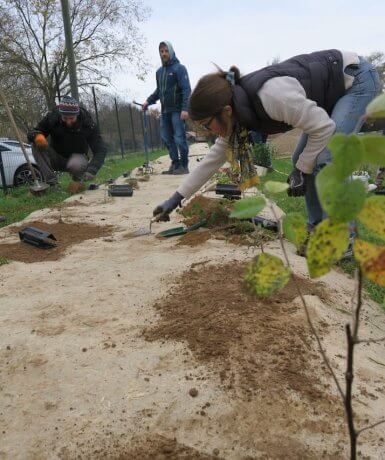
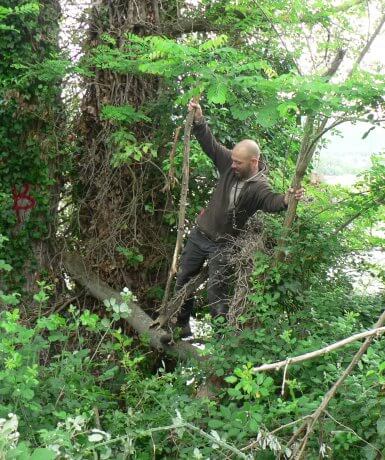
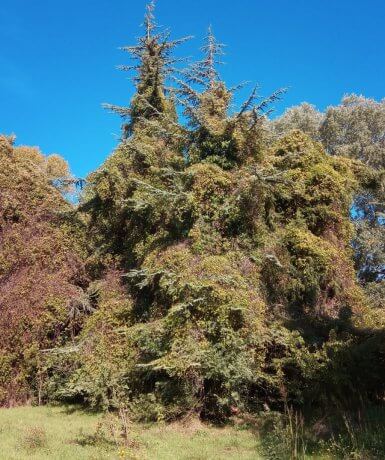
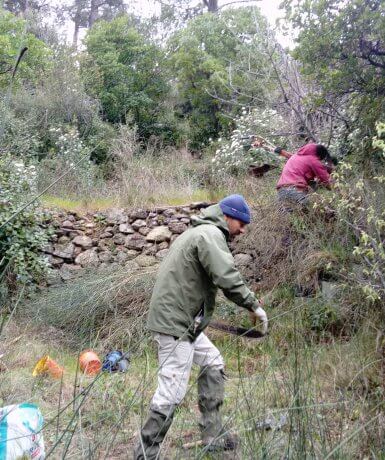
Beneficiaries of the Project
Direct beneficiaries are the people who live near the restored public land, including residents of nearby estates, members of neighbourhood associations, students of local schools, stakeholders of partner sites or members of like-minded or partner association that would like to get involved.
More broadly, anyone from Marseille is a potential beneficiary—particularly people living in the 3rd, 11th, 12th, 13th, and 14th arrondissements where the work is being carried out—as creating these oases of biodiversity in the city will establish an ecological network of natural spaces that anyone can visit to enjoy the calm, shade and cool, in the presence of water.
The "Pros" of the Project
The approach of GERM’ is based on a commitment to social connection and a dynamic non-profit ecosystem in which actions are set in line with the expectations of local people and groups. As well as this strong ecosystem, GERM’ works in close collaboration with other associations in Marseille and has established multiple technical, expert, and applied research partnerships. The project gets local residents involved right from the outset in terms of both planning and work.
Project leader GERM’
GERM' is a relatively new association, set up in Marseille in 2021 by a close-knit, passionate group of volunteers, including an ecologist, a psychologist, an engineer and a landscape gardener. These founders are also responsible for designing, organising and overseeing the technical and operational side of the work. The association's mission is to work to help biodiversity and living organisms in urban and peri-urban neighbourhoods of Marseille. Their pilot project "Restoring urban woodland in Marseille with community involvement" aims to conduct detailed ecological analyses of an initial selection of brownfield and other sites to discover their potential, with a view to extending the project to more sites.
Website


 Contact us
Contact us 

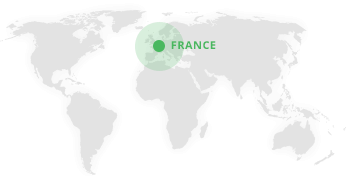


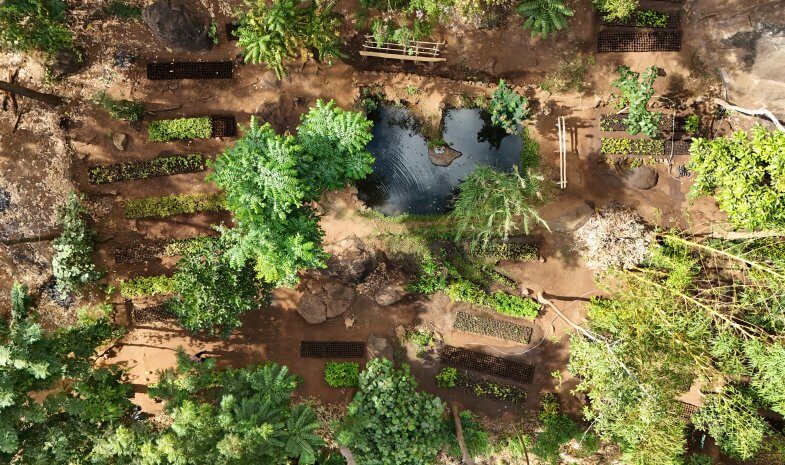
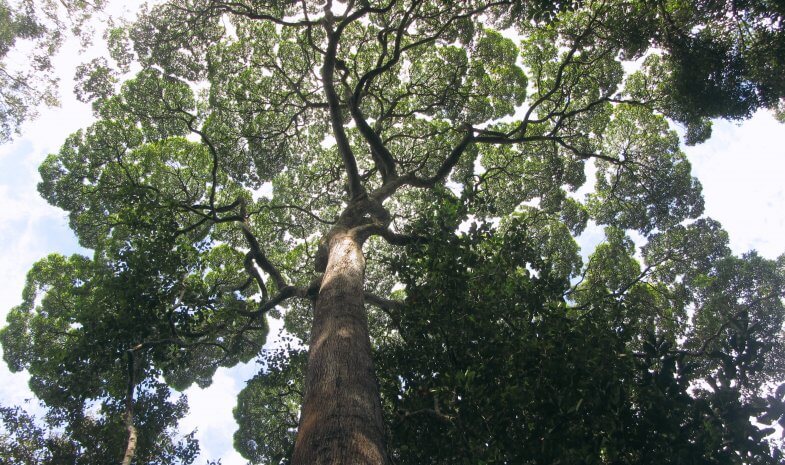
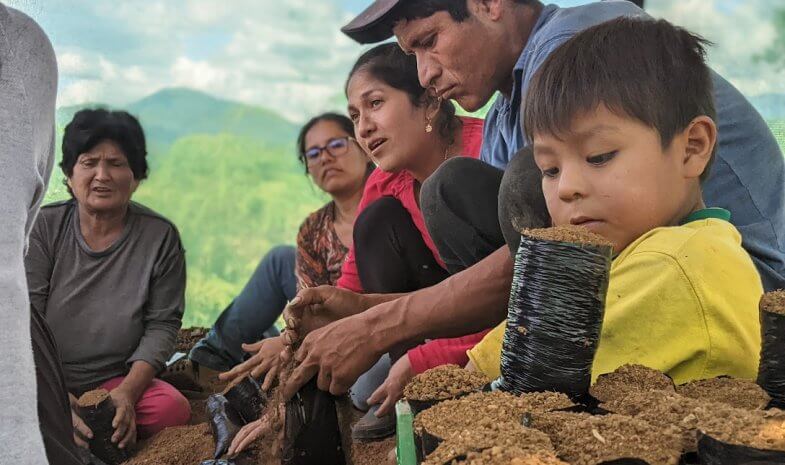
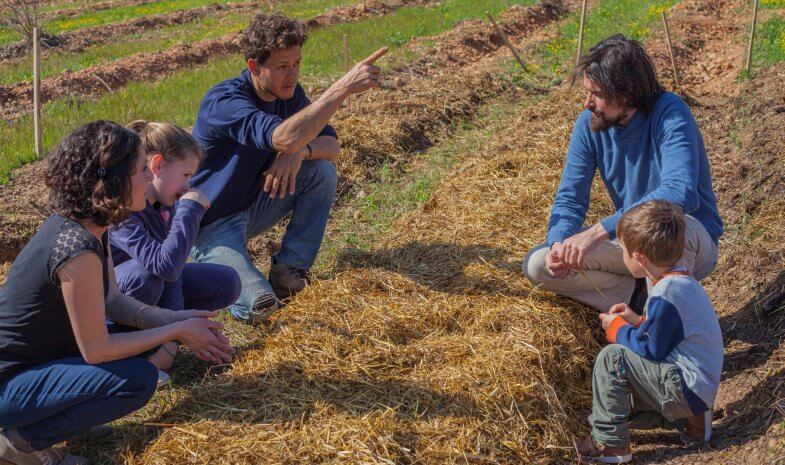
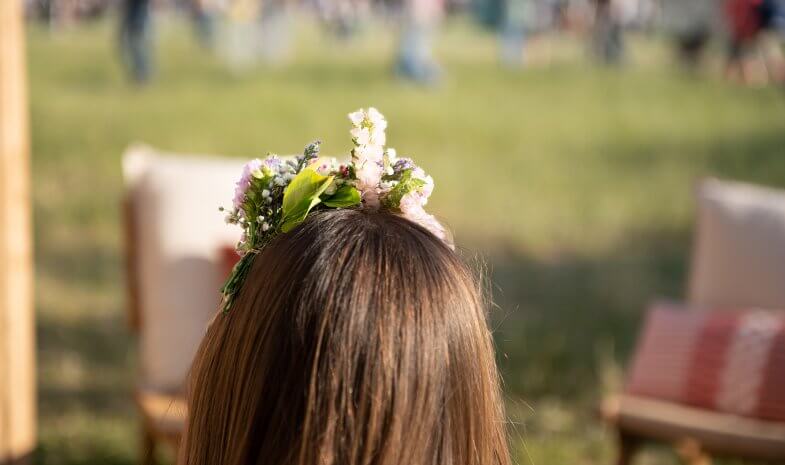
Taking care of life in our cities does not just mean caring for all the “city’s inhabitants” it also means making the most of what biodiversity has to offer: beautiful surroundings, a higher quality of life and protection against extreme weather.
Charlotte Gallouin Director of GERM’